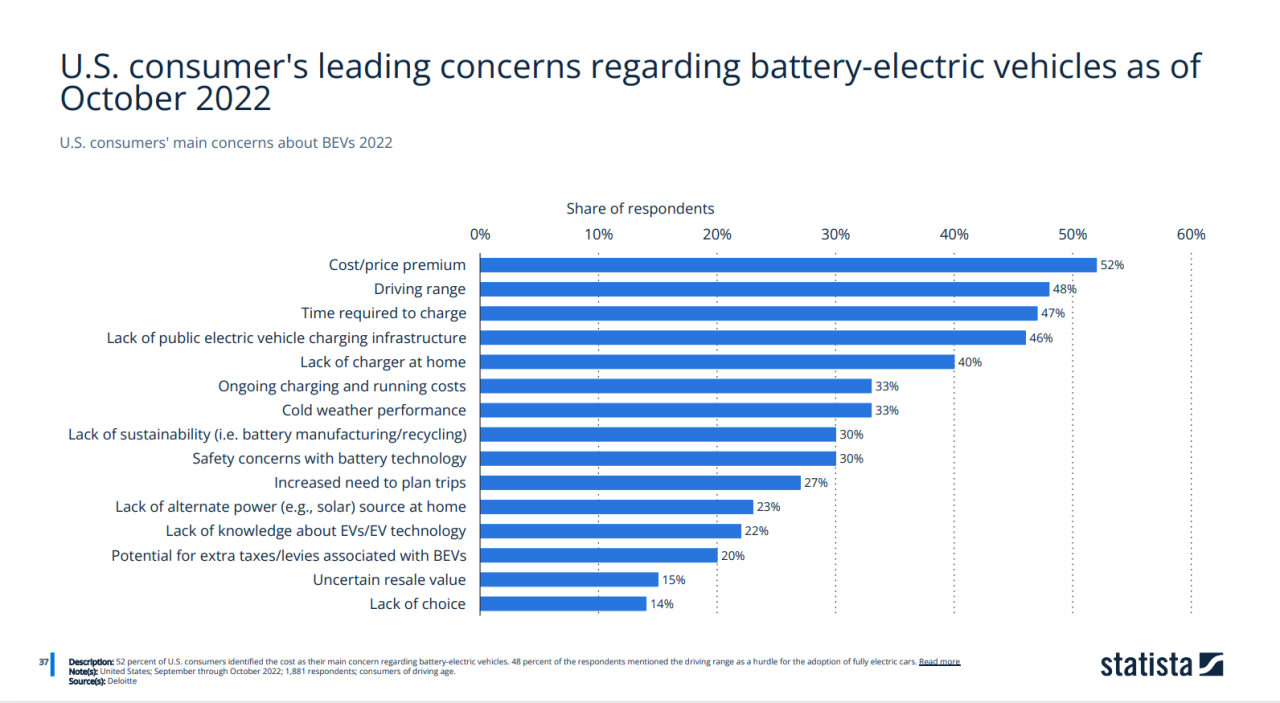Over-the-Counter Birth Control: Implications For Reproductive Healthcare Post-Roe

Table of Contents
Increased Access and its Potential Benefits
Making birth control readily available without a prescription holds immense potential for improving reproductive health.
Improved Convenience and Affordability
Over-the-counter birth control offers unparalleled convenience. Eliminating the need for doctor's visits and prescriptions dramatically reduces costs, making contraception accessible to low-income families and those in underserved communities who previously faced significant barriers.
- Reduced healthcare costs: OTC birth control eliminates the expenses associated with doctor visits, prescription fees, and insurance co-pays.
- Increased convenience: Access to birth control becomes easier and more discreet, allowing individuals to manage their reproductive health independently.
- Improved adherence to birth control regimens: The ease of access promotes consistent use, leading to more effective family planning.
This increased accessibility directly addresses healthcare disparities, making affordable birth control a reality for many who previously lacked access to convenient contraception.
Reduced Unintended Pregnancies
Improved access to contraception, particularly through OTC options, has the potential to dramatically reduce unintended pregnancies. This, in turn, leads to a cascade of positive effects.
- Lower abortion rates: Increased access to effective contraception is a key factor in reducing the need for abortions.
- Decreased maternal mortality rates: Fewer unintended pregnancies translate to fewer high-risk pregnancies and associated complications, improving maternal health outcomes.
- Improved overall reproductive health: Better access to family planning services leads to improved overall reproductive health and well-being.
The impact on reproductive health outcomes could be substantial, improving the lives of countless individuals and families.
Potential Challenges and Concerns
While the benefits of OTC birth control are significant, potential challenges must be addressed proactively.
Misinformation and Lack of Education
Widespread access to OTC birth control necessitates robust patient education programs. Misinformation and the risk of incorrect usage are serious concerns.
- Importance of accurate information: Providing clear, accessible information about the effectiveness, potential side effects, and correct usage of different contraceptive methods is crucial.
- Risk of incorrect usage: Improper use can reduce effectiveness and potentially lead to unintended pregnancies.
- Need for patient education resources: Development and dissemination of comprehensive educational materials, including online resources and in-person counseling, are essential.
- Role of healthcare providers in education: Healthcare providers have a critical role to play in providing accurate information and answering questions. Telehealth options can broaden the reach of these crucial services.
Comprehensive sex education in schools and communities is vital to empower individuals with the knowledge to make informed decisions about their reproductive health.
Impact on Healthcare Providers and Systems
Increased demand for related services could strain healthcare systems.
- Increased demand for related services (STD testing, counseling): Wider access to contraception may lead to increased demand for associated services.
- Potential impact on healthcare provider workload: Healthcare providers may need additional training and resources to address the increased demand.
- Need for improved infrastructure to support OTC access: Healthcare systems need to adapt to ensure they can effectively support the expanded access to OTC birth control.
Strategic resource allocation and provider training are critical to ensure that healthcare systems can successfully manage this increased demand.
Ethical and Social Considerations
Ethical considerations surrounding access to contraceptives, especially for minors, require careful attention.
- Parental consent laws: Existing laws regarding parental consent for minors accessing contraception need to be carefully reviewed and possibly updated to ensure equitable access.
- Access for minors: Balancing the need for parental involvement with a minor's right to healthcare is crucial.
- Considerations for individuals with specific health conditions: Access to appropriate contraceptive options for individuals with specific health conditions must be ensured.
- Potential societal impact: The societal impact of increased access to OTC birth control needs ongoing evaluation and discussion.
The Future of Reproductive Healthcare and Over-the-Counter Birth Control
Increased access to over-the-counter birth control offers the potential to significantly improve reproductive health outcomes, but careful consideration of the associated challenges is vital. Comprehensive sex education, coupled with readily available and accurate information, is crucial for safe and effective contraceptive use. We must advocate for policies that promote equitable access to reproductive healthcare, including expanding access to over-the-counter contraception and comprehensive sex education. The future of reproductive healthcare depends on proactive planning and collaboration to ensure that everyone has access to the resources they need to make informed decisions about their reproductive health. Let's work together to promote responsible access to over-the-counter birth control and build a more equitable future for reproductive healthcare.

Featured Posts
-
 The Bold And The Beautiful April 3 Recap Liam And Bills Fallout Leads To A Shocking Collapse
Apr 24, 2025
The Bold And The Beautiful April 3 Recap Liam And Bills Fallout Leads To A Shocking Collapse
Apr 24, 2025 -
 Canadian Auto Dealers Fight Back Against Us Trade War With Five Point Strategy
Apr 24, 2025
Canadian Auto Dealers Fight Back Against Us Trade War With Five Point Strategy
Apr 24, 2025 -
 Resistance To Electric Vehicle Regulations Grows Among Car Dealers
Apr 24, 2025
Resistance To Electric Vehicle Regulations Grows Among Car Dealers
Apr 24, 2025 -
 Bof A Says Dont Worry About Stretched Stock Market Valuations
Apr 24, 2025
Bof A Says Dont Worry About Stretched Stock Market Valuations
Apr 24, 2025 -
 Faa Study Collision Risks At Las Vegas Airport
Apr 24, 2025
Faa Study Collision Risks At Las Vegas Airport
Apr 24, 2025
